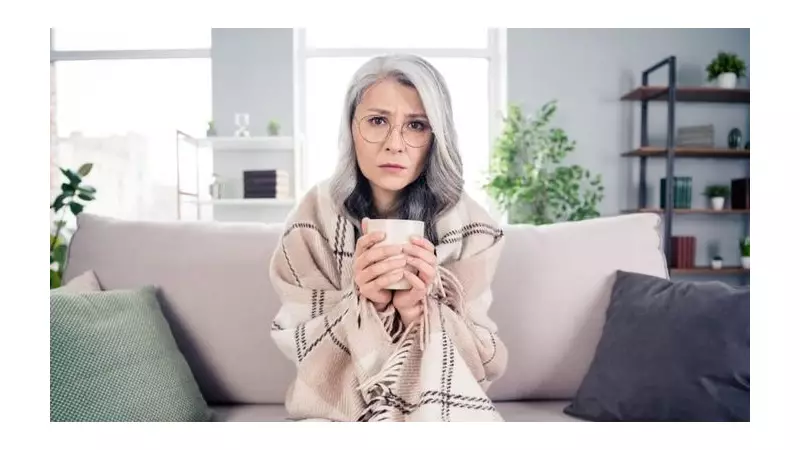
As winter's chill sets in, many older adults find themselves reaching for extra layers and turning up the thermostat. But why does age make us more susceptible to the cold, and what can we do about it?
The Science Behind Age-Related Chills
Our bodies undergo significant changes as we age that affect how we regulate temperature. Several key factors contribute to this increased sensitivity to cold:
- Slower metabolism: The body's internal furnace doesn't burn as efficiently, generating less natural warmth
- Reduced circulation: Blood vessels become less flexible, making it harder to distribute warmth throughout the body
- Thinning fat layer: The natural insulation beneath our skin diminishes over time
- Medical conditions: Issues like diabetes, thyroid problems and arthritis can exacerbate cold sensitivity
- Medication side effects: Some common prescriptions can affect body temperature regulation
Practical Strategies to Stay Warm and Well
Fortunately, there are numerous effective ways to combat the cold and maintain comfort throughout the winter season:
Layer Up Smartly
Multiple thin layers trap warm air more effectively than one bulky garment. Start with thermal underwear and build up with wool or fleece layers. Don't forget warm socks and a hat - we lose significant heat through our heads.
Keep Moving
Gentle exercise generates body heat and improves circulation. Simple activities like walking around the house, stretching or light housework can make a noticeable difference.
Warm From Within
Hot meals and drinks help raise your core temperature. Soups, stews and warm beverages are particularly effective. Staying well-hydrated also supports better circulation.
Home Heating Hacks
Keep your main living room heated to at least 18°C and use draft excluders on doors. Thermal curtains and keeping doors closed can help retain heat in frequently used rooms.
Bedtime Warmth
Use a hot water bottle (wrapped in a towel) or an electric blanket to warm your bed before sleeping. Wear bed socks and consider thermal pyjamas for extra comfort.
When to Seek Medical Advice
While feeling colder is often a normal part of ageing, sudden changes in temperature sensitivity or persistent shivering could indicate underlying health issues. Consult your GP if you experience:
- Sudden intolerance to cold you haven't experienced before
- Cold sensitivity accompanied by fatigue, weight changes or hair loss
- Numbness or colour changes in fingers and toes in response to cold
- Difficulty warming up even in heated environments
Remember, staying warm isn't just about comfort - it's crucial for maintaining good health and preventing cold-related complications as we age.





